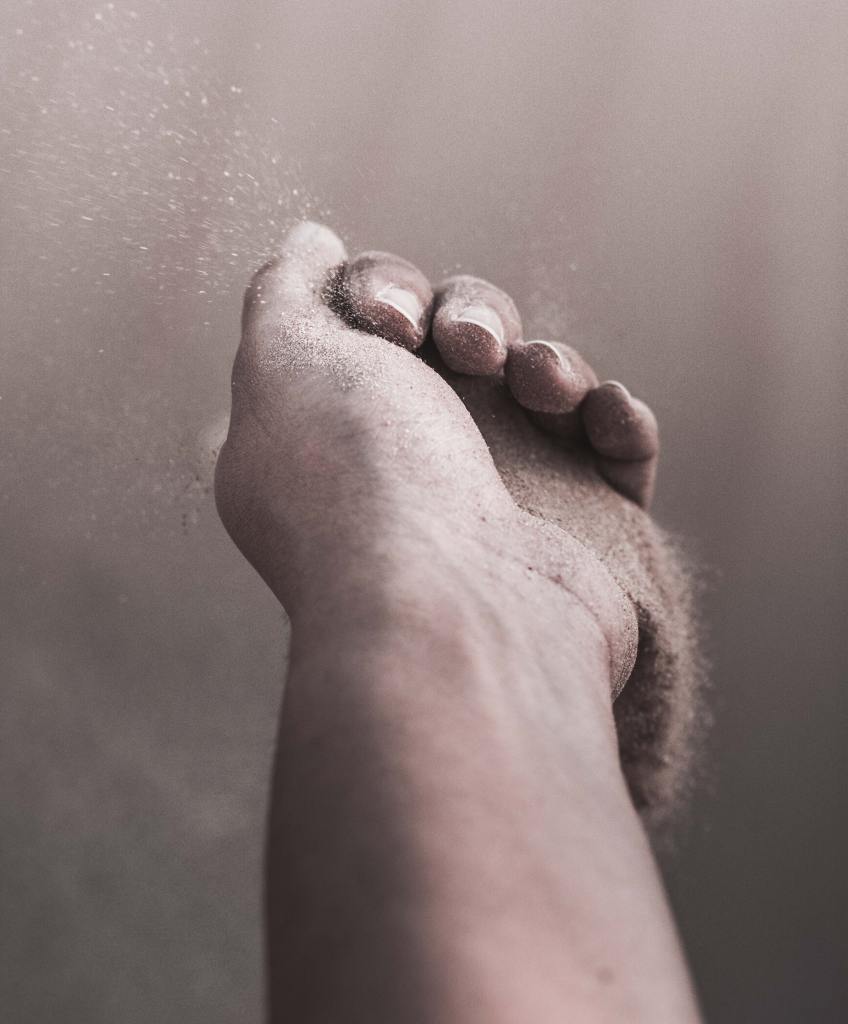
I make an effort to greet patients in their own language as often as I can. Over the years I have learned many different greetings. Some of them are used frequently and I can now pronounce them fluently. Others are used more rarely but a thirty-second internet search can provide me with enough information to say hello. A small effort on my part but a clear statement that I am trying to understand the other person and where they are from. You may be thinking, “So what, what effect does it have?”
I was meeting our patient for the first time. I had been away and the rest of the team had gotten to know her over the past weeks. They all said hello to her and she said hello back with a small smile. It was my turn and I said to her, “Malo e lei lei.” Astonishment swept across her face before her eyes and her face lit up in a sunburst of a smile.
“You know my language?”
“Just a little bit.”
“Oh thank you so much, it was so nice to hear.”
The rest of the conversation went well, rapport was established when I spoke those four words of greeting in her native tongue. The pronunciation doesn’t have to be perfect, it’s the effort expended in trying to use their language that is appreciated. Later in the conversation, I used the word for pain, “mamahi,” and her huge smile was back again.
My late mother had lived in New Zealand for over five decades and spoke English every day in her work life as a shopkeeper. During her hospital admission, she was looked after by a Chinese-speaking nurse and it made such a difference. She felt understood not just linguistically but culturally. She felt safer.
Let’s all make an effort to help our patients feel safer when under our care, even a few words can make a difference.







